In a recent talk at the Irish Historical Society in New York, celebrated Lincoln scholar Harold Holzer called the issue of immigration to America a civil war before the Civil War. Struck by the description, I asked him why in the 158 years since Lincoln's assassination has immigration lost none of its potency.
Shouldn't America - and Irish America for that matter - be supportive of the net benefits of immigration to the United States? Lincoln saw immigrants as the farmers, merchants, and builders who would contribute to the economic future of the United States, so why do so many of us now apparently think otherwise?
“I wouldn't single out the Irish for resisting succeeding generations of immigrants,” Holzer (whose latest book, titled Brought Forth on This Continent: Abraham Lincoln and American Immigration, is now available) tells Irish Central. “I mean, everybody in the United States except for indigenous people trace their roots to the immigrant experience and yet they become very closed and possessive about, their birthright and how the door should close behind them.”
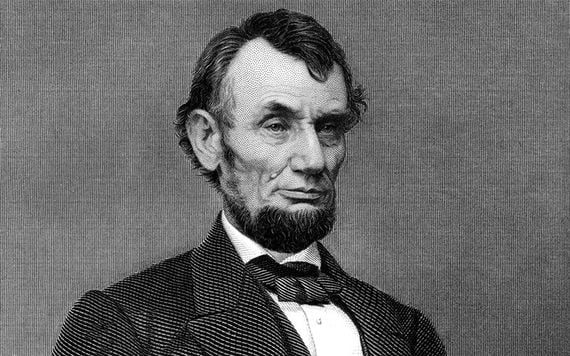
Isn't it fair to say Lincoln's supportive attitude to the benefits of immigration offers a sharp contrast with the current Republican presidential candidate's? “Donald Trump is only a second-generation American,” Holzer continues.
“His grandfather was an immigrant. His mother was an immigrant. His current wife is an immigrant and not only is she an immigrant but her parents were a beneficiary of what is now called by some chain migration, which Trump has railed against for the past eight years - the idea that immigrants can then bring their families over here.”
“What he now calls a terrible thing is what gave him his in-laws. Melania's parents came over because of chain migration because their daughter was here. Chain migration was also what fueled the Irish immigration to America in the 1850s after members of Irish families had established themselves here. Because of that arrangement, new immigrants didn't just step off the dock and say now what do I do? At least they had somewhere to go for a month and figure out their lives.”
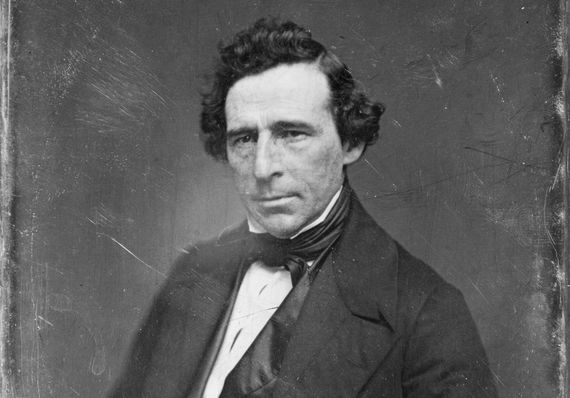
Superintendent of Police in New York, John Kennedy
“The unfortunate part of the experience is that some of the Irish were still angry at African Americans, especially now that freedom had been in place for two years. But now the first black regiment had finally been formed in New York, which took forever after the draft riots, and didn't happen until about November 1864.”
“So the war was nearly over by the time the New York colored troops regiment was in inducted at the Union League Club. Some of the Irish mourners didn't want blacks to march in the parade and said they wouldn't if the blacks did, but Kennedy and others (voted with their feet) and marched.”
It was far from a democratic embrace, however. “The black marchers marched at the very end. Lincoln's body was already in New Jersey by the time they got to City Hall. So they weren't exactly treated great. But the good thing is that they marched and Thomas Francis Maher, the Young Irelander who was a hero and had been banished to Australia back in the day by the British, had stood at the City Hall steps with the honor guards at the head of the coffin and he was there for quite a while. Irish mourners got to see him in pride of place because he had been a Lincoln man for four years. He had even supported his re-election, which was unusual at the time. So, you know, the day had its ups and downs.”
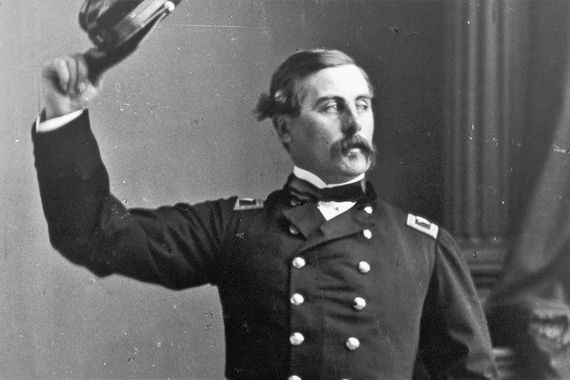
“You just gave me a great idea. I'm going to use it in my next speech. I have not had anyone push back at me for comments that I make at the end of my talks. Nobody has said you're anti-Trump, get out or we resent that yet. But here's a here's a line I just thought of thanks to you because you're making me think about Trump's last remarks. When Lincoln was being sculpted by an artist in Chicago he saw the finished result. He had been kind of embarrassed posing for it because he had to take a shirt off, which was really embarrassing for him. But now he looked at it and said well said that's the animal himself. That's because it was very lifelike. So Lincoln was modest enough to call himself an animal, but Trump is vicious enough and unaware enough to call – other - people animals.”
“The use of these trigger words about people seeking opportunity and escaping danger and starvation. You know, that's a human reaction they're having to circumstances, it's not an animalistic reaction. It is just, it's so disgustingly racist to say this.”
Meanwhile, Trump recently announced the immediate military and police-led mass deportations of millions should he become president in 2025. Can you talk about the extremism of that threat in the context of Lincoln? Trump's already been filmed comparing immigrants to animals as he's flanked by over a half dozen uniformed police officers in a kind of latter-day Gestapo image to the cameras.
“Yeah, it did seem that way didn't it? This is why the police are not loved anymore, the way they once were. It's why there's the image is so mixed now. Everyone mourns when a policeman is shot, obviously. And it's terrible. But then they go nuts when they criticize and they align themselves with Trump and they invite Trump to the wake of a New York City cop. I mean, how sick is that?”
“How can they blame Joe Biden when it's the Trump administration that actually selected the justices for the court who advanced the idea of the unfettered proliferation of guns?”
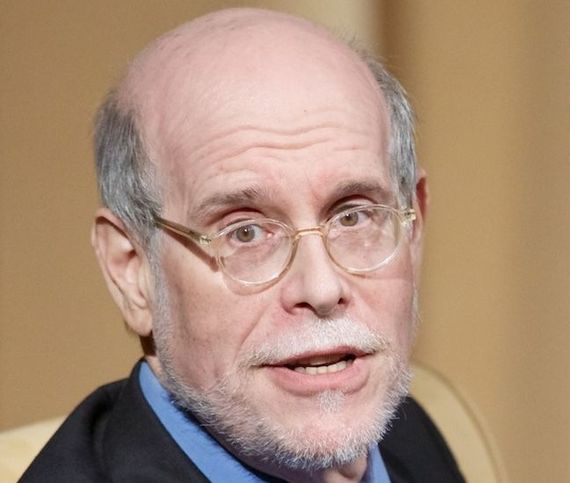
Noted Lincoln scholar Harold Holzer
“I think the message that has to go out is that - and this is a real lost cause I'm afraid – people have to get off the devices that give them immediate gratification and stimulation. People are not gonna understand the coming threat by just consulting TikTok and Instagram. There are things that really have to be read and taught in schools but the result of the cascade of crackdowns on diverse education and liberal education is the loss of sense of history.”
“We just have to keep reminding people that we have fought this kind of dictatorial oppression and beaten it down around the world. And we can't let this country react to challenges and disparities by becoming a fascistic state. I don't by the way agree with what you say about the military dictatorship, I don't think the military would, I think the military would maybe in the end be our last resort.”
“And I don't think the polls are right because I can't imagine that Trump is really ahead in Michigan and Pennsylvania. It just doesn't sound right to me, not with abortion coming up as a campaign issue again and coming to the forefront, but I don't know, the Middle East is a drag on Biden and his base of support. There's no question about it. And I'm just hoping there'll be some kind of resolution in the next few months. Although, you know, Israel wants Trump back - and Hamas probably wants Trump back - because it's easier to fight with Israel if you got a president who's pushing them.”
Can we contrast the extraordinary eloquence of a man like Lincoln with Trump, I ask?
“Yeah, and the compassion of Lincoln and the humor and the self-deprecation. Trump would never make fun of himself because he's not secure enough. But here's an example of what you're looking for. In 1864 Lincoln said that the previously scheduled presidential election should happen. There were people who thought it should not happen. There were people in the army who thought it should not happen. The fact that half the country was in rebellion against the other half seemed to many people to mitigate against having an election. It was too hard to stage.”
“The soldiers who were participating were scattered all over enemy territory. Republicans and Democrats alike were in uniform leading regiments. And Lincoln said, if we don't allow the election to go forward, then the rebellion can already be said to have defeated us."
"His faith in the public will and the judgment of ordinary Americans was so deeply ingrained and is so much the opposite of a man who loses an election by seven million votes and still tries to convince people - and indeed does convince some people - that he won, without any shred of proof or even, you know, likelihood.”
“We should also take a lesson from Lincoln's belief in democratic institutions and compare them to Trump. But sadly Lincoln has been torn down as a hero for the last fifteen years because of his imperfections. He wasn't an integrationist while he lived. He wasn't an abolitionist before he became president. He was mean to some native Americans. So there is a reaction to Lincoln because he wasn't perfect for all that he did."
"And for all that he represented as someone who could rise from obscurity and poverty. And for all he expressed as an apostle of democracy, the fact that he doesn't exist anymore as an unmitigated hero for many people, makes it more difficult than ever to use him as a lesson and hold him up as an ideal. I try.”
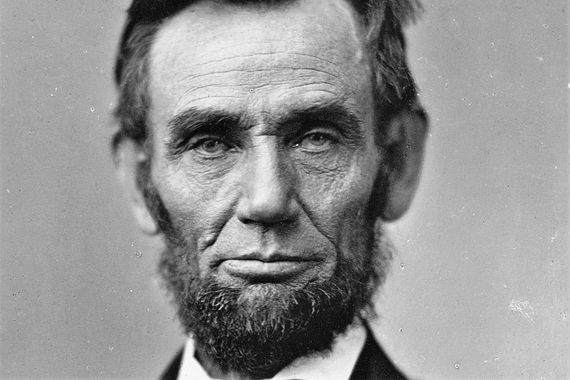
“No one even knows where it is anymore. The original statue is in Washington and is subject to a lot of complaints by black leaders in Chicago. And what did they just unveil in Boston? They unveiled a statue of a dog, the dog that saved some people from the marathon bomber some years ago."
"The dog died of natural causes and they put up a statue of a golden retriever. Not that I don't think that's cute, but I think we're just afraid of celebrating our true heroes now. So we resort to these amorphous or safe memorials and monuments and we are turning away from the lessons and the heroes of the past.”
In that atmosphere in which a despot can rise? We have these digital crucibles going on online every day with people getting canceled and in the process, we're cutting the threads to the past. He wasn't perfect? Therefore, he cannot exist.
“Exactly. But, it's a wider, a much wider discussion!”
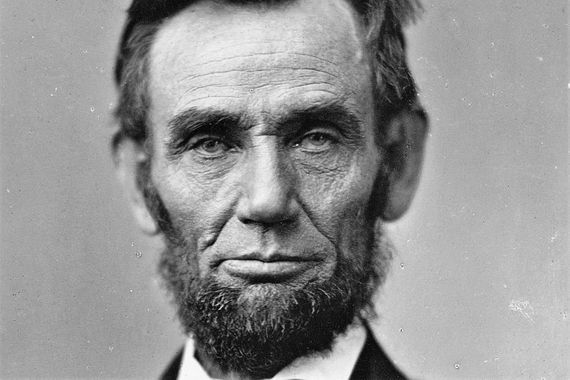



Comments